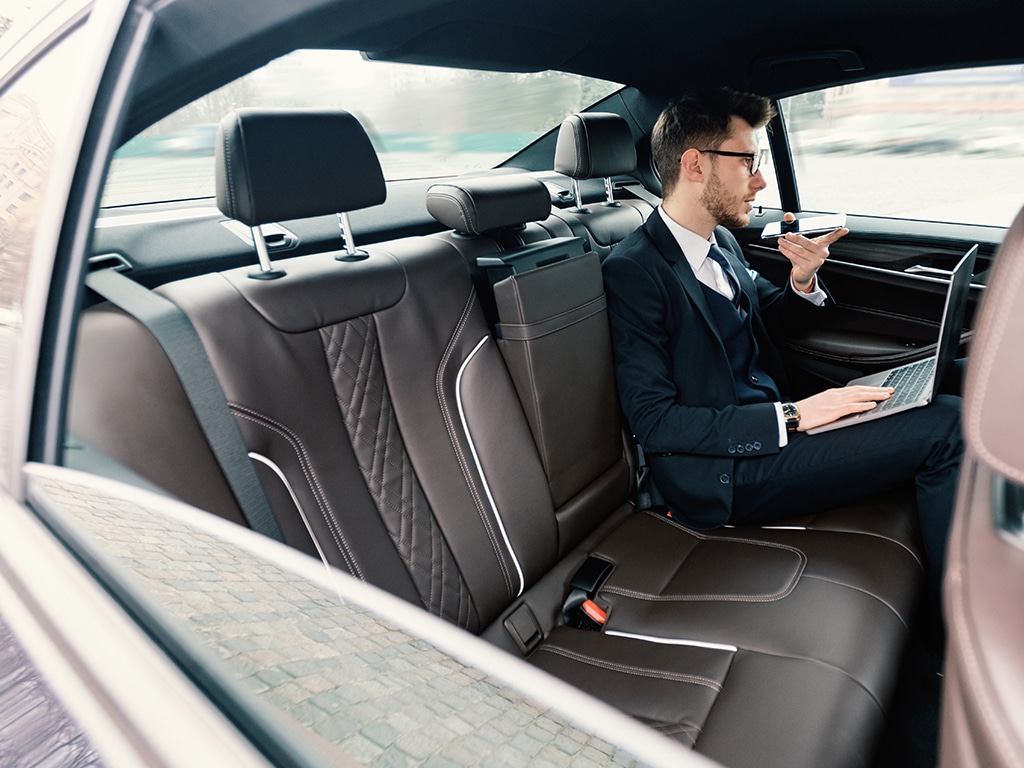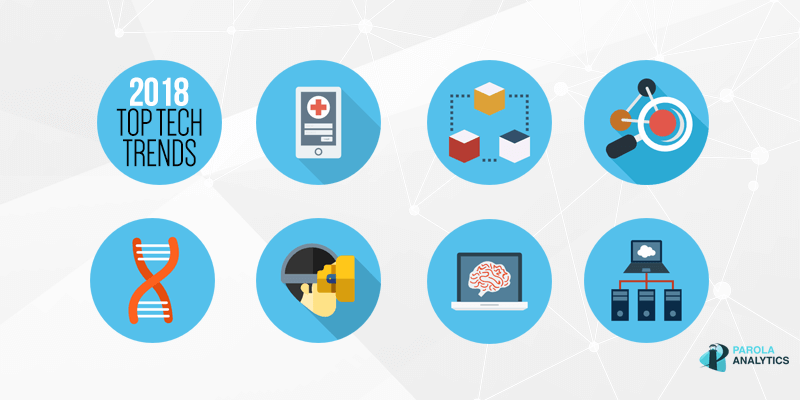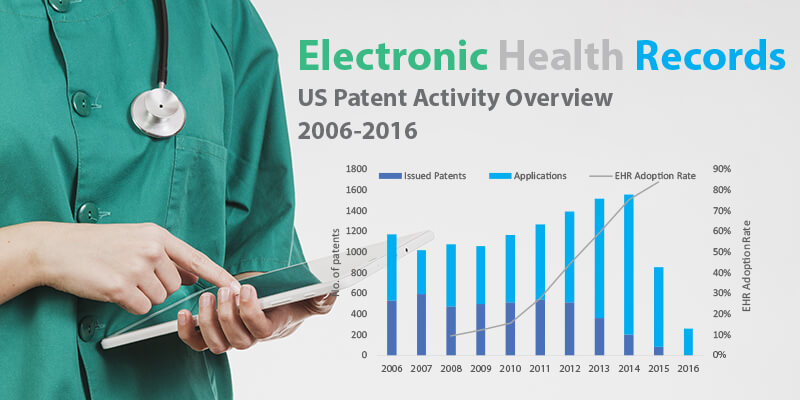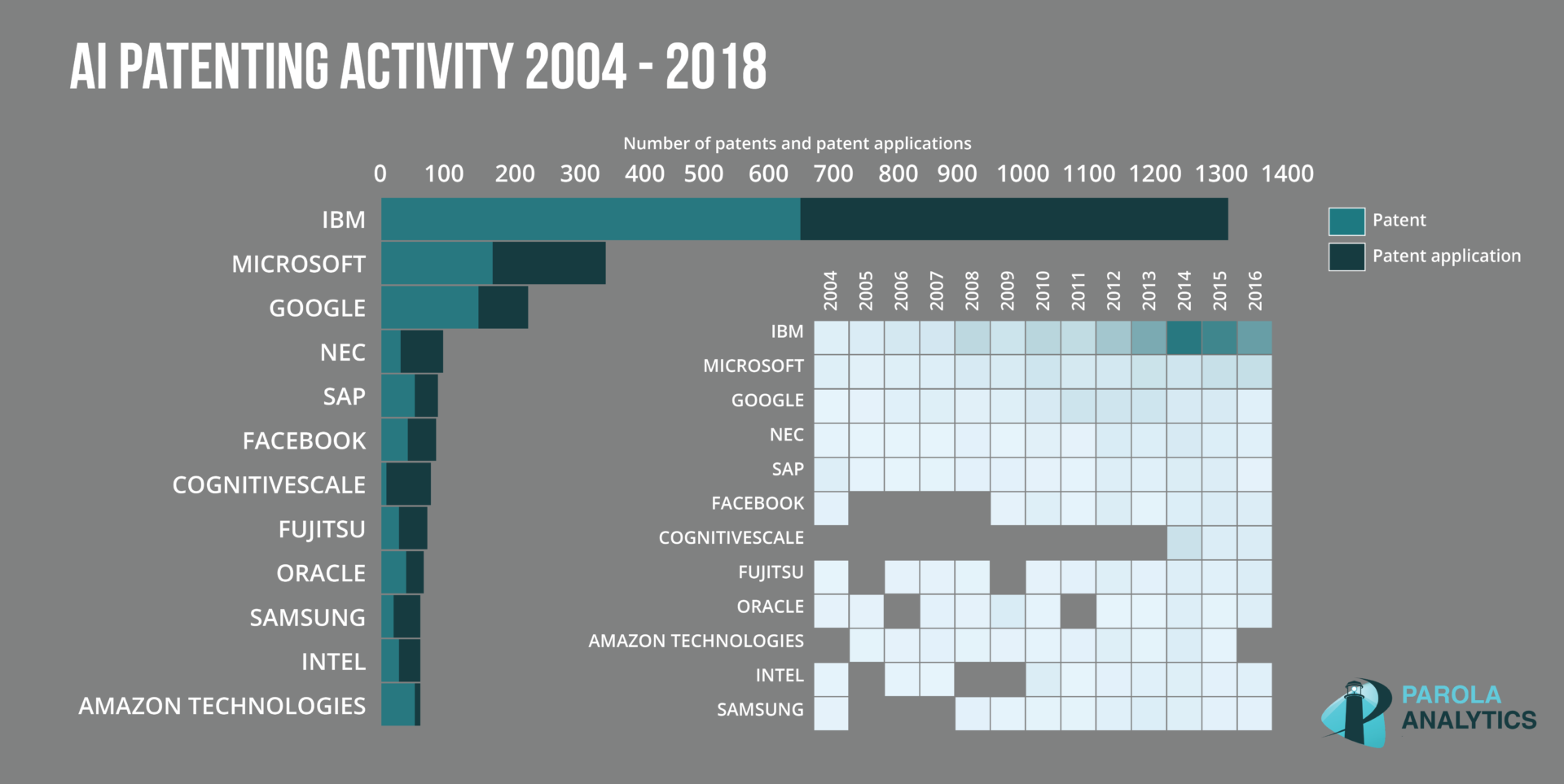South Korea’s LG Electronics filed a patent application on how to provide an interactive, voice-activated assistant for every passenger of a vehicle. It describes ways to listen for commands and identify the person giving them out, even when more than one passenger is talking.
LG’s USPTO filing uses an autonomous vehicle (AV) in its sample implementation of the system. Autonomous vehicles that can free up the driver’s seat are also well-suited for living room-style interiors. Such layouts may be able to accommodate features for LG’s AI assistant to control, such as a television system.
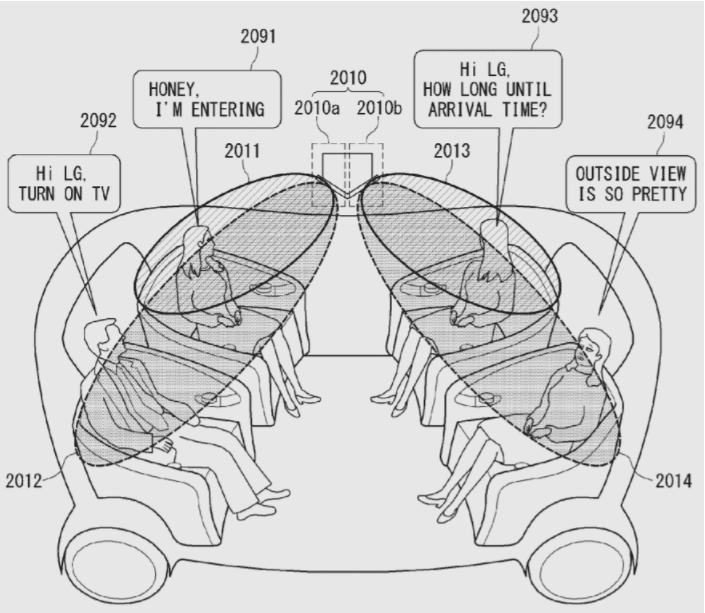
A view for explaining an example of a method of providing the interactive assistant to a plurality of vehicle occupants.
LG says a microphone array, possibly installed in the middle of the cabin, would listen for voice commands across the four regions of a four-seater AV. The microphones are configured to cut through a noisy cabin and identify the passenger in need of assistance. To do this, the system applies a form of radio frequency management called beamforming. It makes use of multiple antennas to “shape” signals as they traverse physical space, leading to faster and more reliable transfers of data. In LG’s case, multiple sub microphone arrays also serve to pinpoint the location of each passenger.
Like contemporary voice-activated technologies, the LG vehicle assistant requires a starting word: “Hi LG” according to the patent application. In an example, a vehicle occupant would say “Hi LG, turn on TV” and the vehicle would control the display of the cabin system.
The technology applies machine learning when it comes to distinguishing voices. LG claims novelty in its invention’s ability to recognize two or more users speaking within a narrow space.
The system works by clustering voice signals based on their acoustic characteristics, like waveform, frequency, and energy. Each cluster would feature similar acoustic characteristics, enabling the system to associate parts of the sound data to specific passengers. It may even dedicate a cluster for environmental noise, like those from the car’s engine, to increase accuracy. Feeding the separated signals to the interactive assistant via voice recognition may reduce incidences of false recognition.
Despite the widespread adoption of public transportation in the U.S. and elsewhere, there remains an insistence within a subset of the population for using private vehicles. People who tend to rely on a single car for transportation can benefit from the ability of LG’s invention to store user information. This means the AI assistant can get better at listening for specific people’s commands, and could prioritize requests from passengers who more often use the vehicle. A user’s frequently used services may also be logged in their profile, which means an AV can learn what features each passenger is likely to make use of, before they even ask.
Voice assistants—typically integrated in smart speakers—are becoming staple implements in homes, offices, and even schools. LG’s patent application presents yet another area where artificial intelligence and natural language processing can make life easier for people. While AVs carry the potential to end traffic jams for good, having them employ a virtual assistant for every passenger could make future, high-tech trips even more pleasant.
The featured patent application, “Method Of Providing Interactive Assistant For Each Seat In Vehicle,” was filed with the USPTO on October 13, 2020 and published thereafter on September 9, 2021. The listed applicant is LG Electronics Inc. The listed inventors are Hyeonsik Choi, Junmin Lee, and Keunsang Lee.
